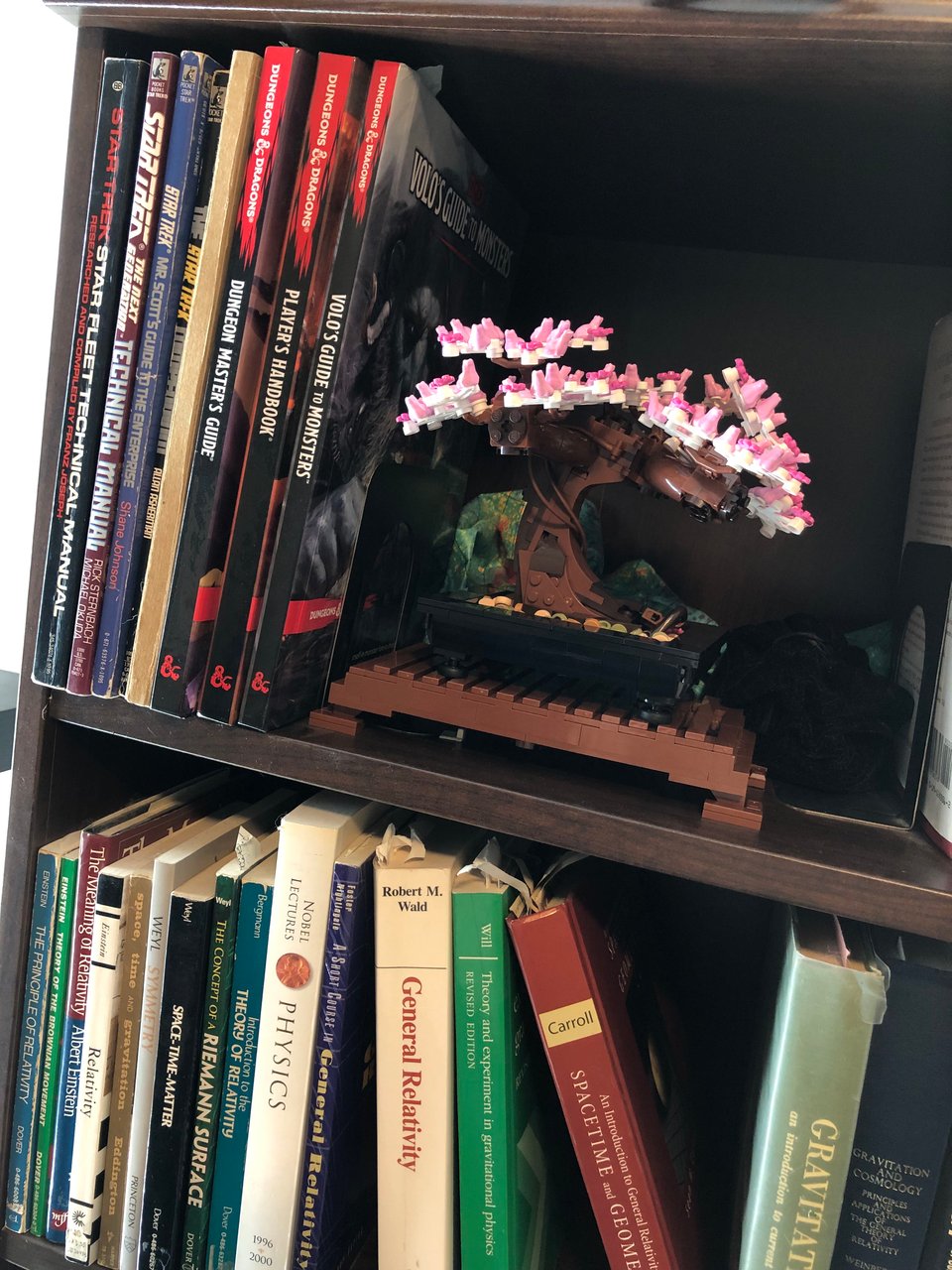If Clocks Run Faster on the Moon, Why Does a Day Last a Whole Month?
Bowler Hat Science from Matthew R Francis
As a joke setup, that needs some work. Anyway, my latest for AGU Eos actually uses my expertise as a physicist trained in the theory of relativity! In brief, if we want to perform precision autonomous navigation on the Moon, we need to be have very precise clocks, and that requires understanding how gravity and motion affect the passage of time relative to Earth. This was a fun one to write, and hopefully fun to read too.
The Relatively Messy Problem with Lunar Clocks
For AGU Eos:
What time is it on the Moon?
In April 2024, the White House issued a challenge to scientists to establish a lunar time standard, looking ahead to increased international presence on the Moon and potential human bases as part of NASA’s Artemis initiative. The real question being puzzled over isn’t “What time is it?” but, rather, “How quickly does time pass?”
What time a clock reads can be set by any timekeeper, but physics determines how quickly time passes. In the early years of the 20th century, Albert Einstein determined that two observers won’t agree on how long an hour is if they aren’t moving at the same speed in the same direction. That disagreement also holds between a person on Earth’s surface and another in orbit or on the Moon.
Read the rest at AGU Eos.
A Professional’s Bookshelf
